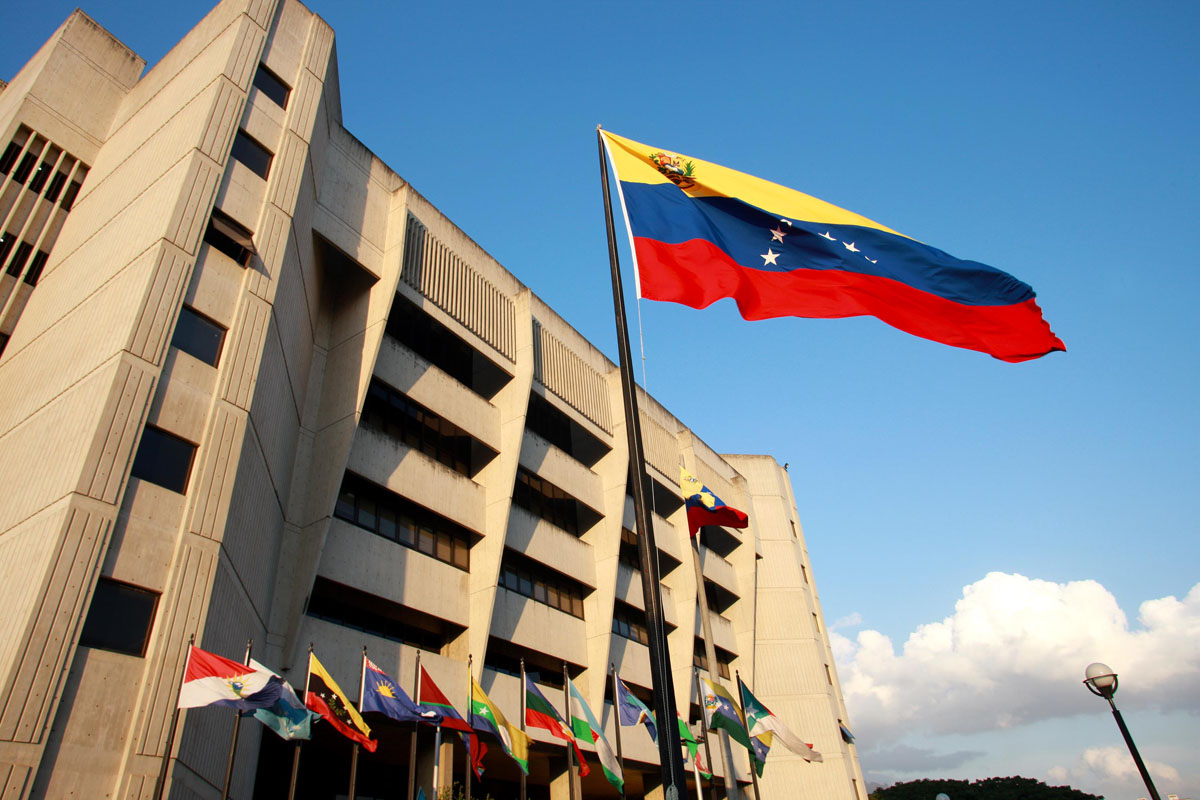
(S&P Global, 30.Oct.2023) — The Supreme Court of Justice (TSJ) in Venezuela ordered the suspension of the results of the opposition’s primary elections which was claimed to be won by María Corina Machado, and proclaimed as presidential candidate of the opposition, a decision that could put the relief of US sanctions at risk.
“All the effects of the different phases of the electoral process conducted by the National Primary Commission are suspended,” TSJ said Oct. 30.
The US reacted by urging Venezuelan president Nicolas Maduro and his representatives to uphold their recent political roadmap agreement with the opposition, which was a precursor to the Biden Administration easing sanctions on the oil, gas and mining sectors.
“The democratic opposition primary on October 22 was an important milestone in Venezuela’s progress toward a free, fair, and competitive presidential campaign in 2024,” a State Department spokesperson said. “The US government will take action if Maduro and his representatives do not meet their commitments under the electoral roadmap,” the spokesperson said.
TSJ ordered the opponents to send the administrative background of the phases of the electoral process, including the call, constitution as an electoral commission, electoral schedule, electoral registration, nominations and the act of acceptance of the nomination of Maria Corina Machado. Machado, a 56-year-old engineer who has promised to privatize state-owned PDVSA, won with 93% of the votes. However, officials from the Maduro administration, who has held power in Venezuela since 2013, allege that Machado is disqualified from running in the 2024 presidential elections.
“Notification is ordered to the Attorney General of the Republic, Tarek William Saab, in view of the multiple and serious complaints related to that electoral event,” said TSJ’s ruling.
In a press conference on Oct. 25, the attorney general announced an investigation against the organizers of the primary elections based on “the alleged crimes of usurpation of electoral functions, identity theft, money laundering and association to commit a crime.”
Three members of the national commission that organized the opposition primary elections, Jesús María Casal, Mildred Camero and Roberto Adbul-Hadi, responded to a summons at the Attorney General’s Office on October 30.
The judicial actions by the Maduro government take place despite the fact that the UN Secretary General, António Guterres, asked to respect the political and electoral rights of Venezuelans, in a statement on Oct. 27.
The UN asked the government of Venezuela to “respect the political and electoral rights” of citizens”.
Guterres urged the government to apply the agreements reached with the opposition in Barbados in order to guarantee the holding of presidential elections in 2024.
Maduro claims of election fraud could upend the country’s sanctions deal, through which some international companies have shown renewed interest in the oil fields in Venezuela.
French energy company Maurel & Prom and Venezuelan state-owned oil company PDVSA are scheduled to sign an agreement by Nov. 7 to increase oil production in their Petroregional del Lago joint venture, the first company to sign such an agreement since the US lifted sanctions, according to a previous report by S&P Global Commodity Insights.
The Biden administration on Oct. 18 partially eased sanctions on Venezuela’s oil and mining sector, in response to the electoral agreement signed between the government of Nicolas Maduro and the Venezuelan opposition.
While several companies have been issued licenses by the Treasury Department’s Office of Foreign Assets Control, or OFAC, to resume operations in Venezuela, so far only Chevron has boosted output. Chevron’s PetroPiar JV with PDVSA is currently producing around 68,700 b/d, according to PDVSA documents. Treasury has also issued licenses to Italy’s Eni and Spain’s Repsol, according to media reports.
Brazil’s Petrobras said Oct. 19 it will look to expand its international portfolio of exploration and production assets, including potential investments in Venezuela.
Renewed interest in Venezuela’s oil fields could help Venezuela recover its declining crude oil production and exports at a time of global supply instability, but this depends largely on reaching firm political agreements in Venezuela.
In September, Venezuela’s crude production averaged 770,000 b/d, according to a PDVSA production report reviewed by S&P Global Commodity Insights. Production has fallen from a peak of 3.234 million b/d in 1998, according to S&P Global data. S&P Global estimates that Venezuela could increase production capacity by roughly 100,000 b/d from the lifting of sanctions.
____________________

